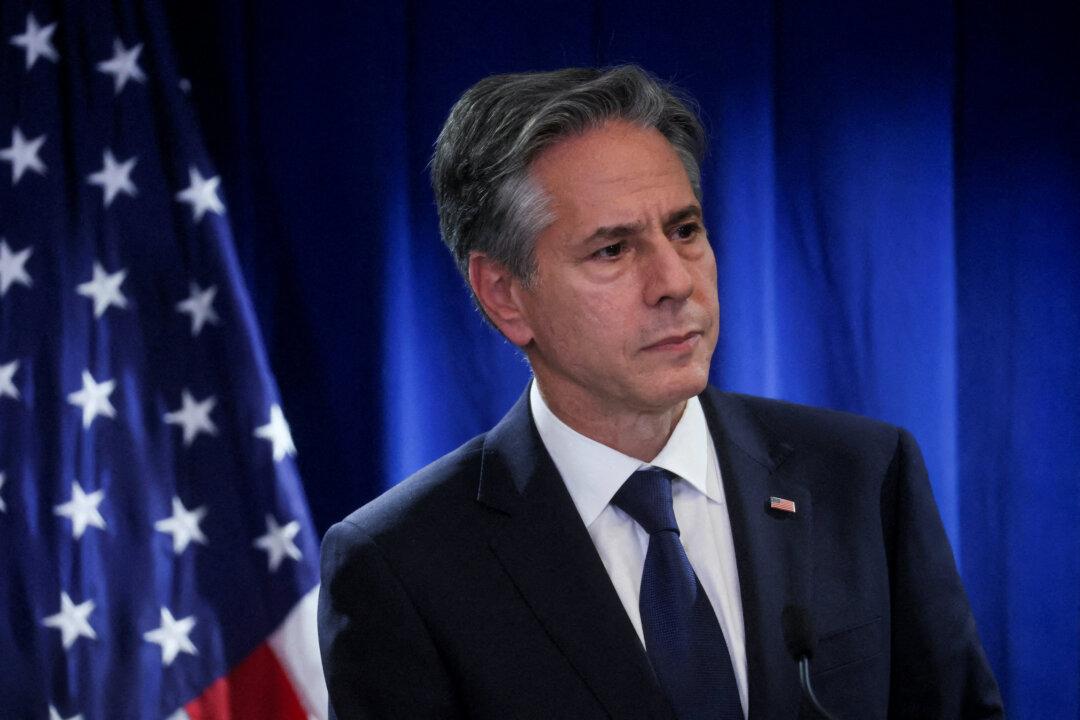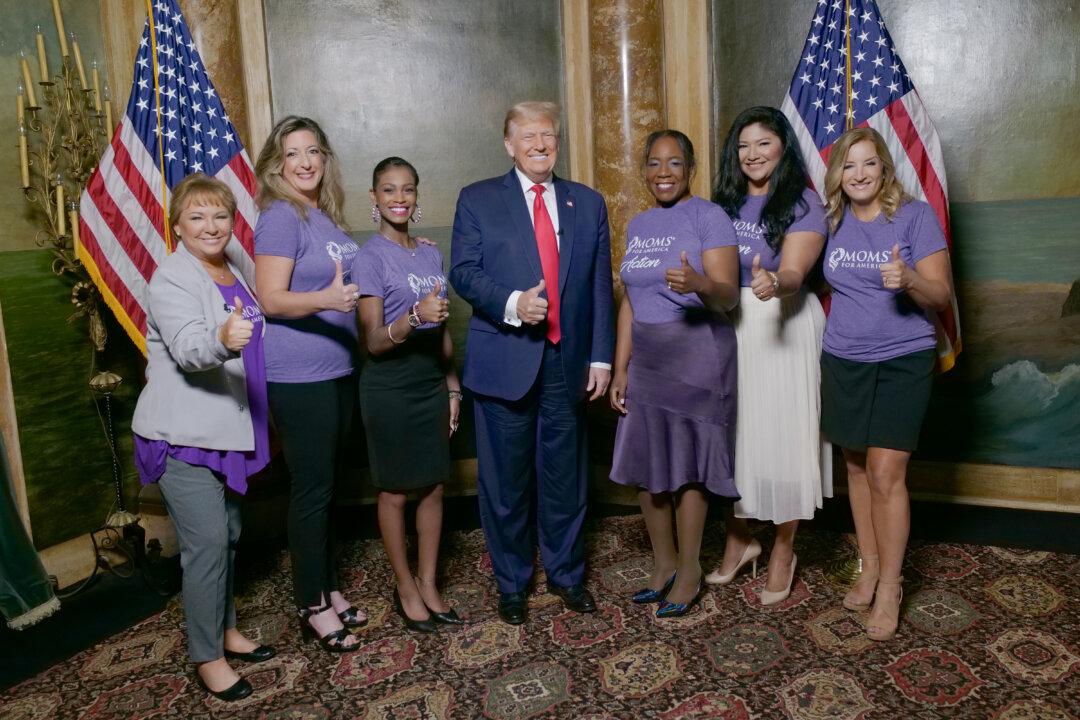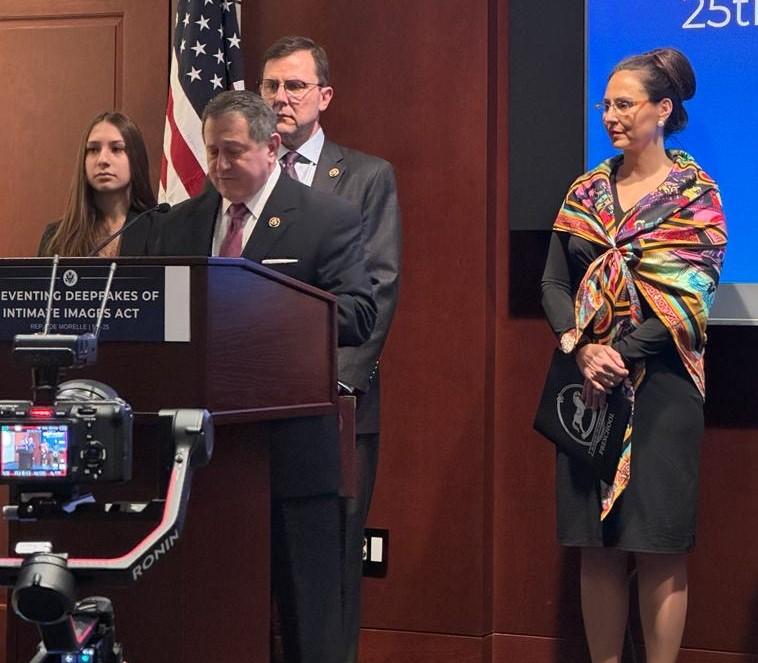A bipartisan group of 37 House lawmakers signed and sent a letter, dated August 2, to Secretary of State Antony Blinken requesting that he place the highest priority on strengthening and growing a “whole of government approach” to battling and weakening the international trade of the deadly drug fentanyl.
The lawmakers urged Secretary Blinken to use the occasion of his present and ongoing discussions with the People’s Republic of China (PRC) to forge agreements that disrupt and block a primary leg of the trade that brings fentanyl to the United States: the flow from China to Mexico of precursors from which Mexican drug cartels make fentanyl, which they then traffic into the U.S.





